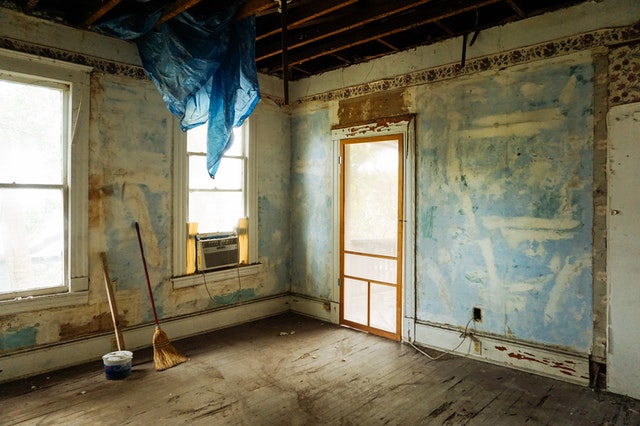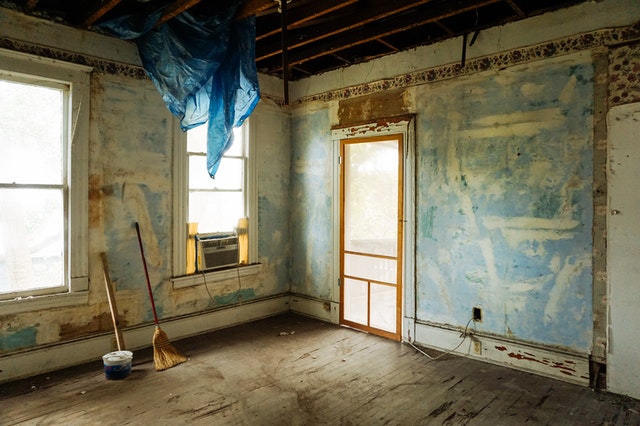
Property management is extremely labor-intensive. You need to collect rent, evict problematic tenants, coordinate with contractors, maintain the properties, and so much more.
It’s not easy, either—if you’ve ever experienced difficult tenants or irresponsible contractors, then you know what we’re talking about.
However, if you have a rental investment property, you can’t go without it. The solution to your stress? Hiring outside help in the form of a property management company.
If you have a lot of properties, you may not have the time or energy to manage them all. PMCs can take care of the dirty details for you, which frees you up to expand your portfolio or focus on other things. More than that, property management companies provide expertise—expertise that you don’t have.
We understand that you may be hesitant to share your profits. Are property managers really worth the cut?
Let’s take a look at some of the benefits of having a property manager that’s not you.
You’ll fill vacancies faster
A good PMC uses their experience to find you the best tenants. You’ll still have the final say on who rents your property, but a property management company can pre-screen applicants for you.
Plus, good property managers will know how to keep tenants and encourage them to renew their lease. This means lower turnover rates for the PMC (so less work for them to do) and steadier revenue for you.
You’ll have more thorough rent collection.
Collecting rent payments is every landlord’s most dreaded task. But if you have a PMC, you won’t have to worry about consistent and persistent rent collection anymore.
Property managers will take over collecting the rent, enforcing lease policies, and implementing fees. With a good PMC, your income as a landlord should be much more stable.
You’ll have a more aggressive eviction process.
Whether it’s a problematic tenant that slipped through the screening process or someone who turned sour overnight, you don’t have to go through the grueling eviction process anymore.
PMCs will enforce the policies in your lease and ensure that difficult tenants are evicted. Plus, with a more thorough screening process, property management companies can help you avoid renting to problematic tenants in the first place!
You’ll have well-maintained properties.
No more attending to tenant repair requests and making sure the rental is well-maintained. PMCs will keep your properties in top shape and field tenant concerns 24/7. They’ll do everything from scheduling and monitoring to documentation and evaluation of the repairs. PMCs are also in charge of paying your suppliers and utilities at the end of the year.
Keep in mind that property managers may not help you with cutting costs. However, you can leverage their expertise and connections to get better deals on maintenance.
You’ll have better legal compliance.
Keeping up with legislative changes is part of a property manager’s job. This will help you avoid having a lease or process that’s out-of-date, in violation of a new law.
You’ll have the time and ability to scale.
If you want to grow your company and portfolio, you can’t spend most of your day managing tenants and properties. You’ll need a team to take on some of the responsibility. The less time you spend fixing problems, filling vacancies, and evicting tenants, the more time you’ll have to expand your investments.
Paying a PMC to manage your properties will result in less stress and an improved ability to scale. The bigger a revenue source you are, the more they’ll want to protect their relationship with you—so don’t skimp! Both of you will benefit from this working relationship in the long run.
Conclusion
Are property management companies really worth the money?
Well, having one will ensure that you have quality tenants, complete rent payments, someone to process evictions, well-maintained properties, updated legal requirements, and the time and ability to scale your real estate portfolio.
Just note that not all property management companies will do a good job—cheaper rates usually mean cheaper service. So, instead of asking if they’re worth the cost, ask “how can I make sure I hire a PMC that IS worth the money?”
Interested in hiring a PMC? What aspect of property management do you struggle with the most?





